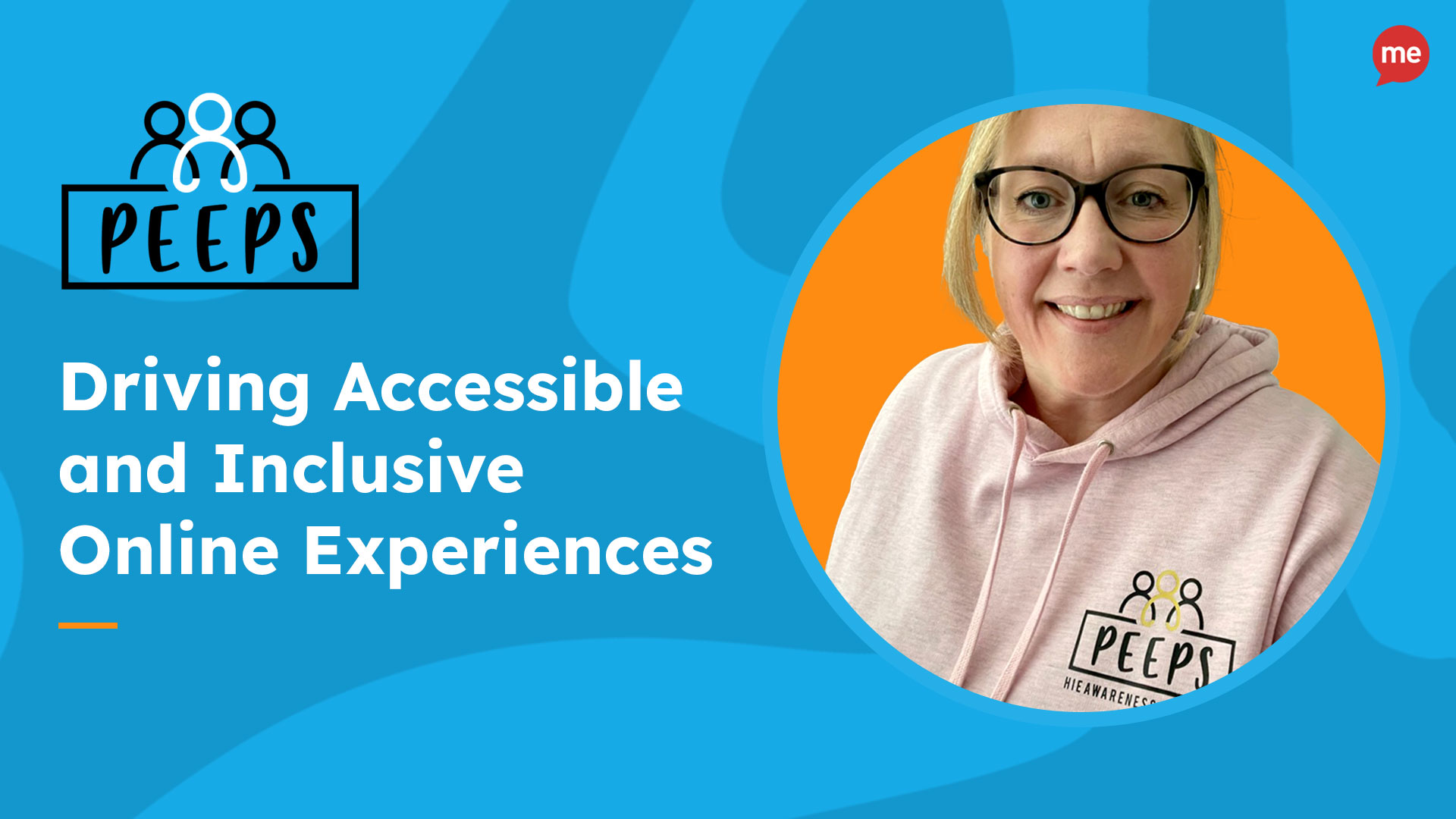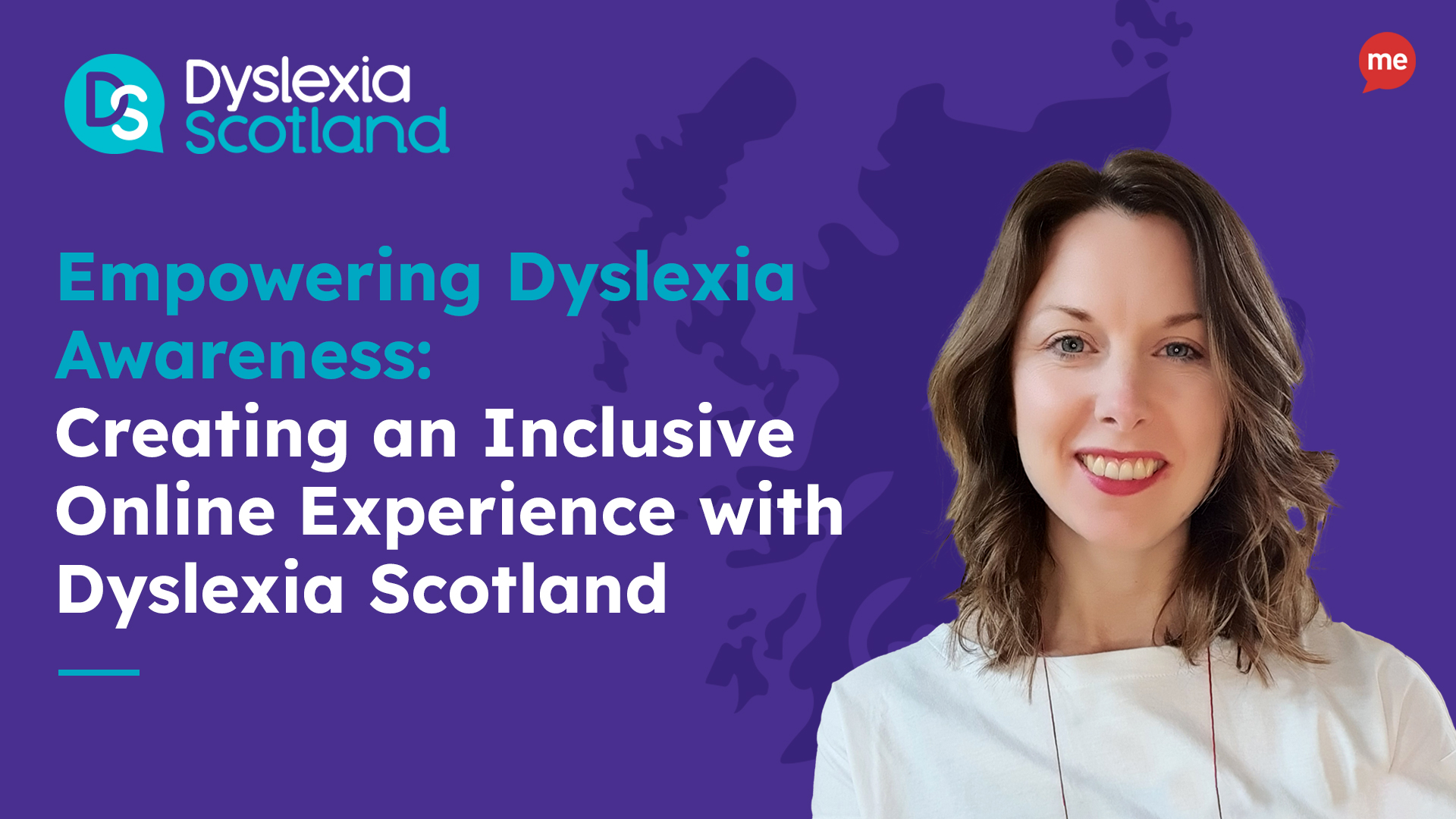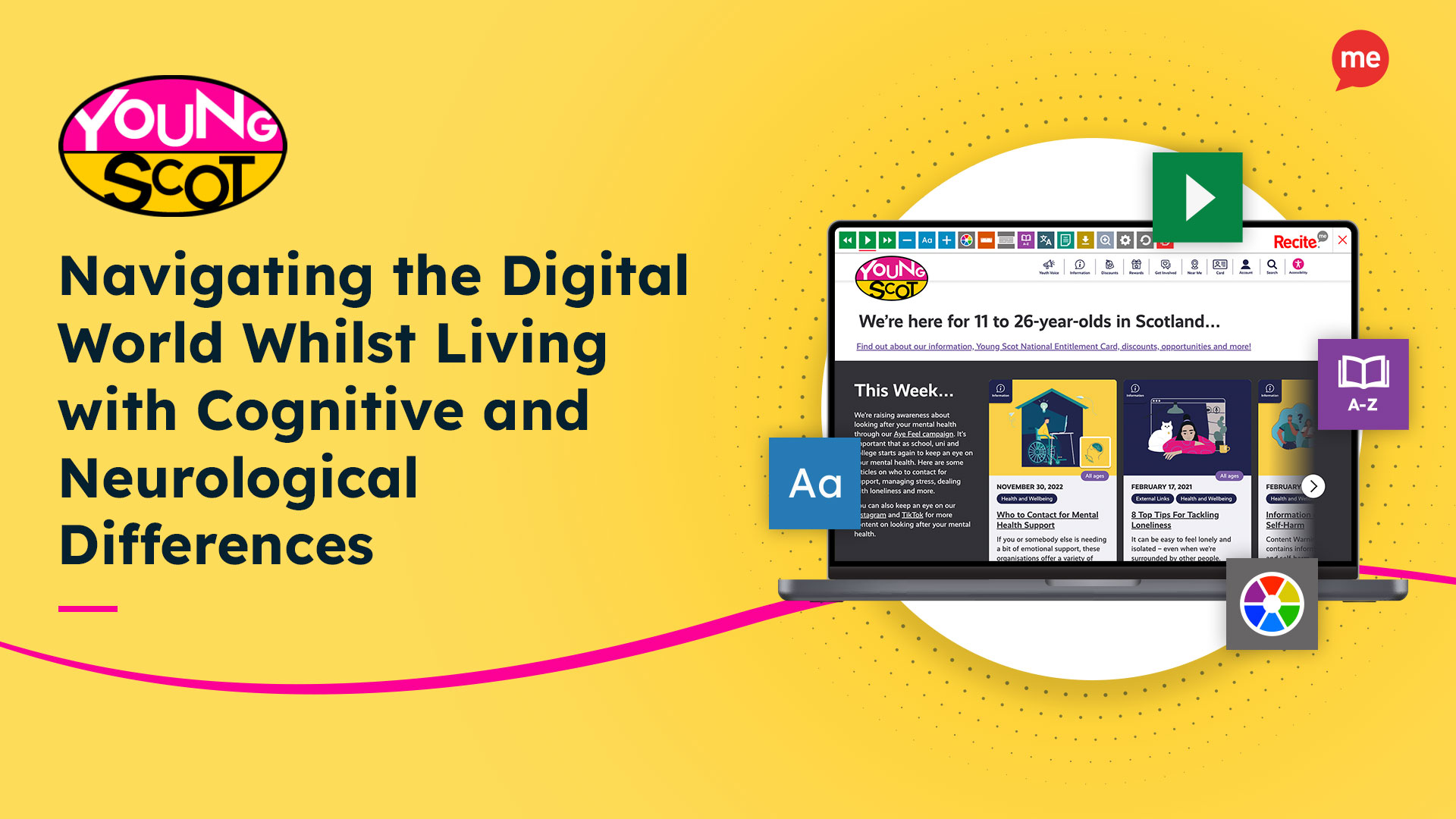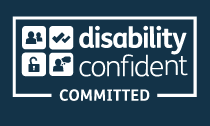This week marks Mental Health Awareness Week, an annual occasion to raise awareness and focus on achieving good mental health. This year, the theme of Mental Health Awareness Week is Loneliness, which has a huge impact on our mental health, particularly since the pandemic. We caught up with Emily Cotter, Marketing, PR and Communications Officer at Leeds Mind to discuss the importance of Mental Health Awareness Week and how you can reach out for support.
1. What does Leeds Mind work to achieve, and what support do you provide?
Leeds Mind is a local mental health charity, serving our population in and around Leeds, and more broadly across West Yorkshire. We work towards creating a city where everyone experiencing a mental health difficulty gets the support they need and respect they deserve. We do this through our services, including: counselling, group support, suicide bereavement services, social support, creative arts activities, employment support, and mental health training.
2. Why is Mental Health Awareness Week important?
At least 1 in 4 people experience mental health difficulties at some point in their lives. What’s more, 60% of people in Yorkshire and the Humber said their mental health got worse during the lockdowns. This means that after the pandemic, our work is more important than ever.
Mental Health Awareness Week is a great opportunity for everyone to focus on mental wellbeing, whether it’s their own, that of their friends and family, or something they want to talk about with colleagues at work. When we all come together to talk about mental health, it lets people who might be struggling know that it’s OK to not be OK. Hopefully, that will start them on the path towards seeking support.
3. This year’s theme on Mental Health Awareness Week is Loneliness, why is this important?
This year’s theme of loneliness is particularly poignant as we emerge from two years of widespread social isolation. During the lockdowns, the Mental Health Foundation found that loneliness was almost three times higher than pre-pandemic levels. And some people were more likely to be affected, including people with long-term physical health conditions, those on lower income, and people with pre-existing mental health difficulties.
While loneliness itself isn’t a mental health difficulty, we know that it can lead to conditions such as anxiety and depression. It can also have an impact on our physical health. That’s why it’s so important that we help people connect in their local community, to improve mental and physical wellbeing.
4. How would you advise individuals to reach out for support?
Seeking help is often the first step towards getting and staying well, but it can be really hard to know where to start. It’s common to feel unsure, and to wonder whether you should try to handle things on your own. But it’s always ok to ask for help – even if you’re not sure you are experiencing a specific mental health difficulty. You can seek support if you’re worrying more than usual, finding it hard to enjoy your life or having thoughts and feelings that are hard to cope with. You can also reach out if you’re just interested in what sort of support is out there.
A good place to start is by looking at what services are available for you locally. There is a network of more than 100 local Minds which you can search here: https://www.mind.org.uk/information-support/local-minds/?msclkid=534dd826cc6711eca38f3ebba6ca7f3b
5. How is Leeds Mind providing a diverse and inclusive experience for all? And Why is it important to Leeds Mind to provide accessibility and language tools online?
It’s really important to us to provide an inclusive experience. Mainly, because this is the right thing to do, and in line with our mission of working towards better mental health for everyone. Leeds is a diverse city, and when we say we believe in better mental health for all, we really do mean everyone.
So we want to be inclusive from an ethical standpoint and this is also important to our funders. Making our website more accessible is a great way of demonstrating our commitment to inclusion to all our supporters, for whom equality, diversity and inclusion is a key consideration. Recite Me offered us the opportunity to do this within the constraints of our limited resource as a charity.
6. What do you hope for the future of mental health services?
We hope that the awareness around mental health that has been accelerated through the pandemic continues to grow. As demand for support rises with more people feeling comfortable to seek support, we also hope that Government focus on this area, along with the funding, keeps pace.






